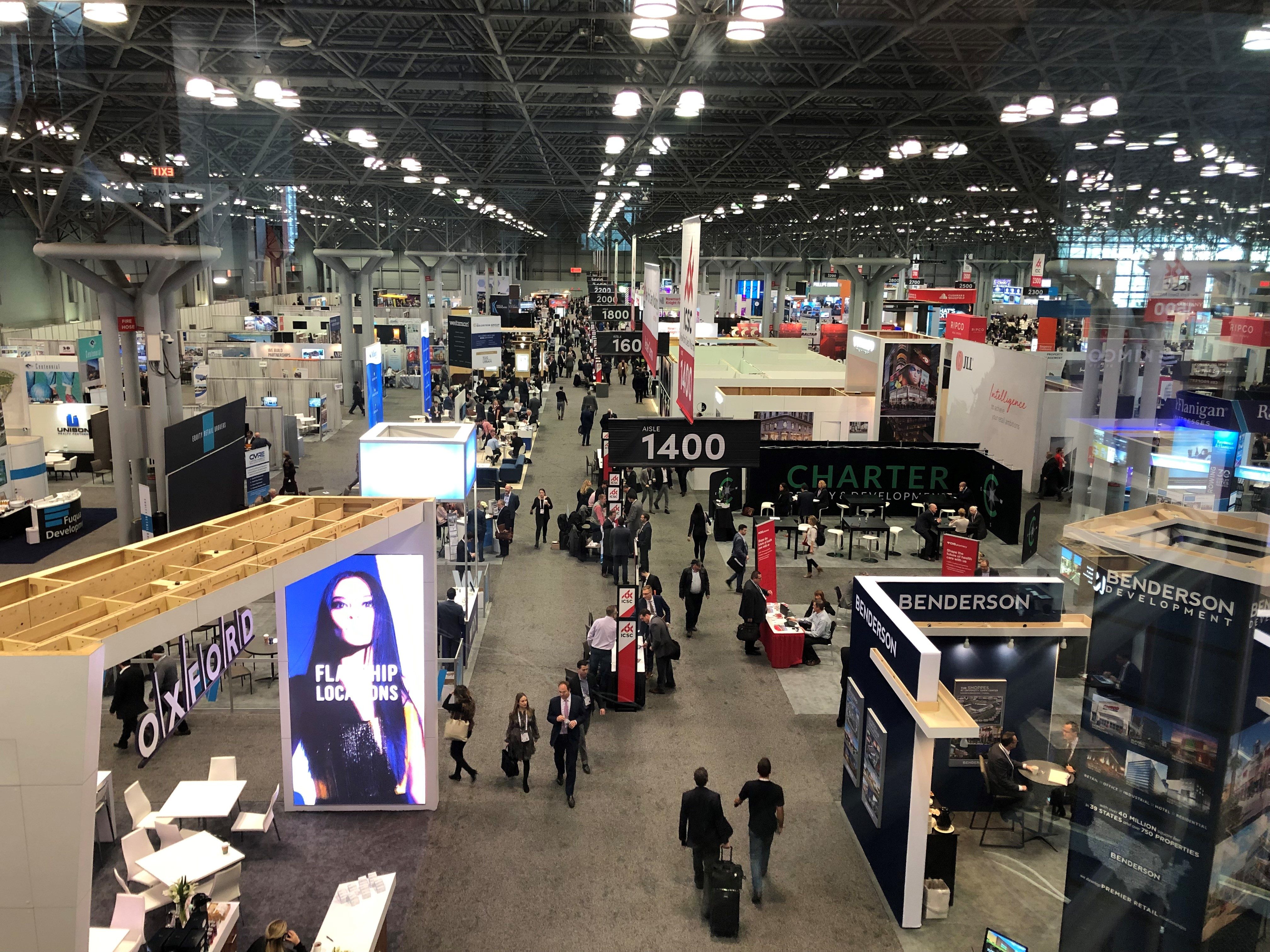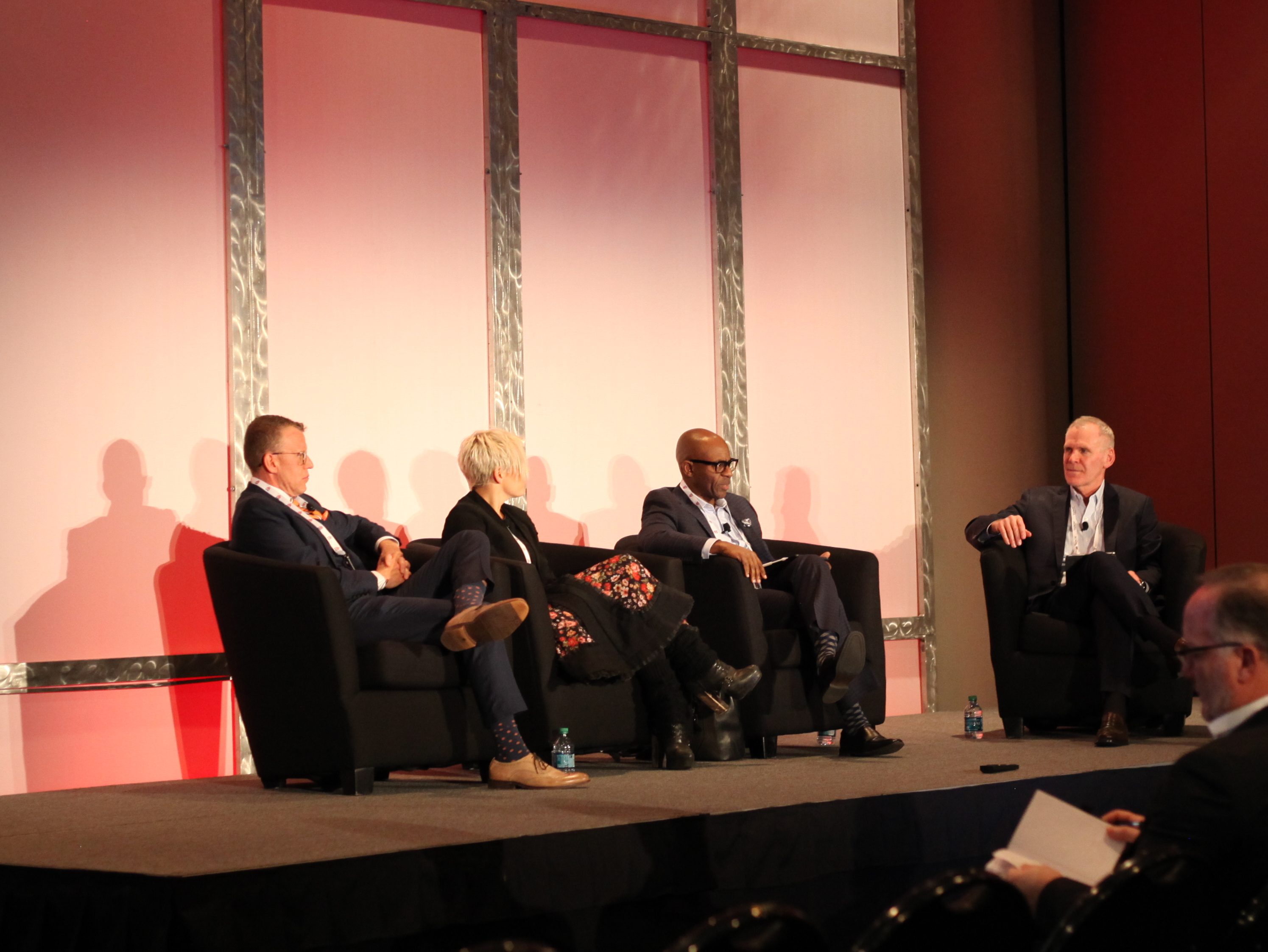Health, Fitness and Food: Retail’s Thriving Sectors
The industry has experienced a major shift over the last few years, driven by the rise of e-commerce. But the bright spots where retail is finding success are all about experience.
By Holly Dutton
Since 2009, the share of e-commerce sales in the U.S. has grown from 4 percent to 10 percent of all retail sales, according to the U.S. Census Bureau. It’s a trend that has shown no signs of stopping and one that has shaken up the entire retail industry, forcing retailers and landlords alike to rethink what retail should look and feel like.
Despite the shake-up, many brick-and-mortar retail brands have thrived, particularly those that have embraced the concept of experiental retail and found a balance between their online and in-store presence.
Fitness centers, medical offices, quick-service restaurants—these are the kinds of retail that can’t be relegated to just online. And they are precisely the areas doing the best in the market.
“You can’t get flu shots online, you can’t get your temperature taken online,” said Jake Horowitz, a leasing broker with Colliers International in New York City, at the ICSC New York Deal Making conference Dec. 5. “Medical is one of those uses that’s not going anywhere.”
More than just a place
Horowitz has done a lot of business in the Financial District neighborhood of Manhattan in the past few years he has worked in retail leasing. An influx of new residential housing in the area is drawing retailers, many of them medical and quick-service restaurants (QSR), which are also focusing on the customer experience.
“All these e-commerce brands are making their retail stores an experience,” said Horowitz. “Customer service is key, timing is key, especially with QSRs. If people are waiting in a long line, they’re not coming back. New Yorkers are impatient.”
For gyms and fitness concepts in particular, Millenials are helping shaping the new landscape. With more options than ever for fitness classes and gyms, brands must find their niche and cultivate an experience for their customers to survive.
“People have been working out for a long time, but the whole experience of fitness has evolved into people’s personal brand and is a big part of the social fabric,” said Anne Mahlum, founder & CEO of Solid Core, a boutique fitness concept with more than 40 retail locations nationwide, during a panel on health and wellness at the ICSC New York Deal Making conference Dec. 5.
Mahlum pointed to changing social dynamics that have shifted from a focus on showing off material wealth to showing off a healthy, fit lifestyle to social media followers. In the first four years of her business, Mahlum said she didn’t spend “a dime” on marketing. Her customers did it for her.
“People are communicating who they are through these experiences,” she said. “To do it through a product isn’t as dynamic.”
Lars Scofield, an owner of several Orangetheory Fitness franchises in New York City, echoed Mahlum’s thoughts on the social aspect of fitness and health.
“Obviously there’s a lot of self-promotion and it’s a part of people’s lives, but there’s also these authentic communities we create where people feel a sense of belonging when they show up because they’re part of something,” said Scofield. “It’s more than just a place to workout.”
Photos by Holly Dutton









You must be logged in to post a comment.